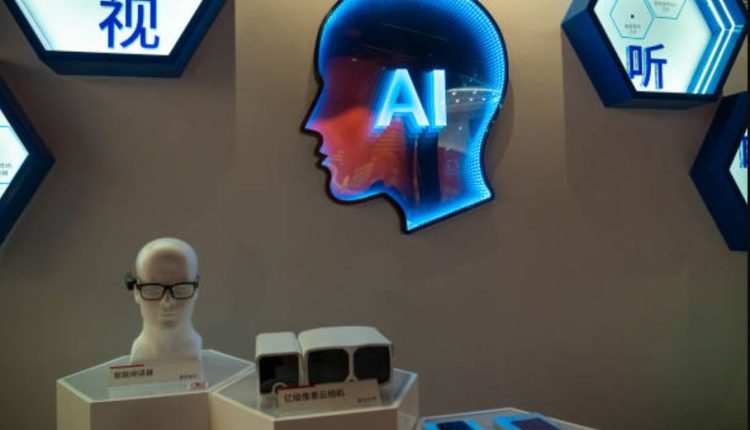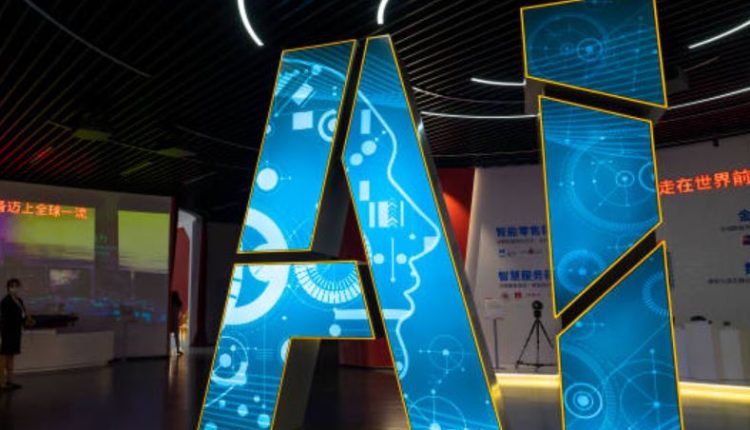
In mid-2022, the business world witnessed an unusual executive hire by advertising giant Publicis Groupe SA – a lion-headed digital avatar named Leon, appointed as the chief metaverse officer.
However, Leon’s moment in the spotlight was short-lived, as the buzz around the metaverse quickly shifted to the realm of artificial intelligence (AI). This shift has led to a notable reshuffling in the C-suite, with executives abandoning metaverse initiatives and companies scrambling to appoint AI leaders.
C-suite to AI Ventures as Businesses Embrace Technological Evolution
As ChatGPT debuted and the focus on AI intensified, executives spearheading metaverse efforts at major companies like Walt Disney Co., Procter & Gamble Co., and Creative Artists Agency departed.
Leon’s LinkedIn profile disappeared, and Publicis Groupe SA declined to comment on the matter. Instead, businesses are actively seeking AI leaders, and some former metaverse executives are successfully reinventing themselves as AI experts.
The lure of AI leadership roles is evident in the compensation packages, averaging above $1 million, according to a survey by executive search firm Heidrick & Struggles. Publicis recently announced a substantial investment of 300 million euros ($327 million) in AI technology and talent over the next three years, further underscoring the industry’s pivot toward AI.
The fickleness of technology trends is exemplified by the declining focus on the metaverse. The term was mentioned only twice on S&P 500 earnings calls last quarter, a stark contrast to the 63 mentions in the first quarter of 2022.
Many CEOs who initially pursued the metaverse opportunity have shifted their attention away, reflecting the challenges in distinguishing hype from reality.
Apple’s decision to refer to its new mixed-reality headset, Vision Pro, as a “spatial computing” device without any metaverse indicates a broader shift in focus.
Microsoft recently overtook Apple as the world’s most valuable public company, fueled by investor enthusiasm for its aggressive AI investments. Even Meta’s Mark Zuckerberg, a vocal proponent of the metaverse, has redirected attention to generative AI.
Read more: Artificial Intelligence Emerges As A Powerful Weapon Against Medicare Scams
Metaverse Mavericks Embrace AI

This shift has prompted some metaverse mavens to explore new roles or adjust their positions. Executives like Joanna Popper, former CAA chief metaverse officer, have transitioned to roles in AI-related ventures. However, not every metaverse expert can seamlessly shift to AI leadership, given the distinct skill sets required.
The industry’s transformation is also marked by corporate overhauls, as seen in Disney’s Michael White leaving amid broader restructuring. While some metaverse chiefs remain, companies are increasingly turning to consultants rather than making metaverse-specific hires in the C-suite.
In contrast, the promise of AI has led to increased investments and dedicated leadership roles. Ernst & Young, for example, has witnessed a significant uptick in its global AI program, with two senior executives leading the charge to integrate AI into various aspects of the business.
The shifting tides from the metaverse to AI underscore the dynamic nature of technology trends and the imperative for businesses to adapt to emerging opportunities.
Read more: Online Marketplace EBay Hit With $59 Million Penalty For Enabling Counterfeit Pill Production

